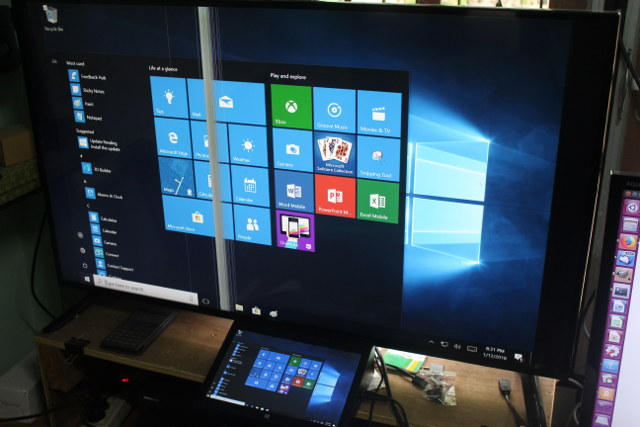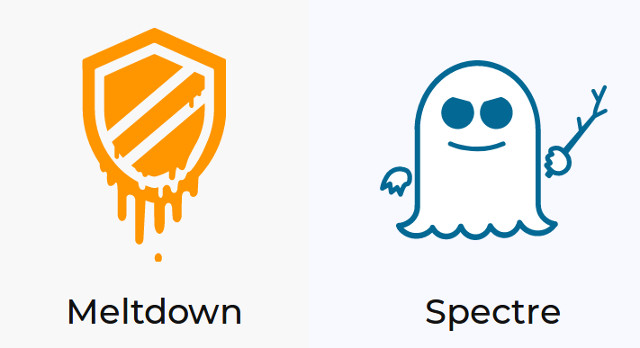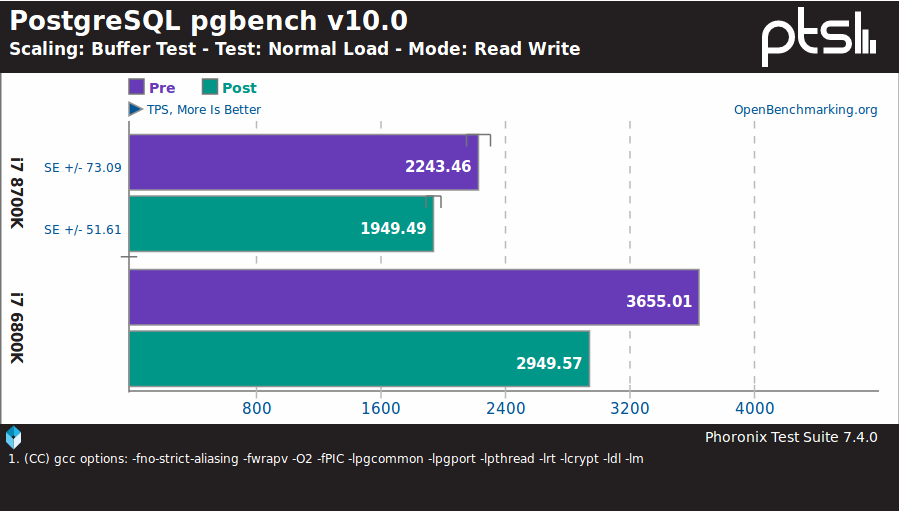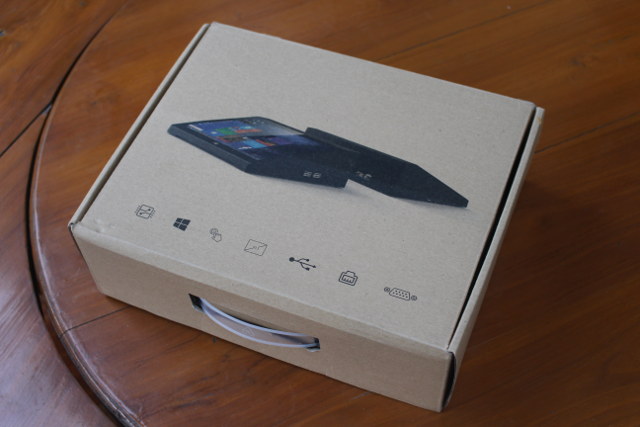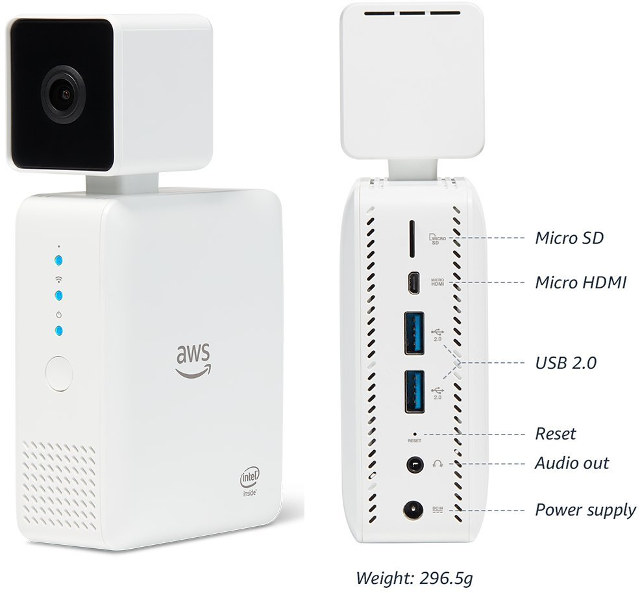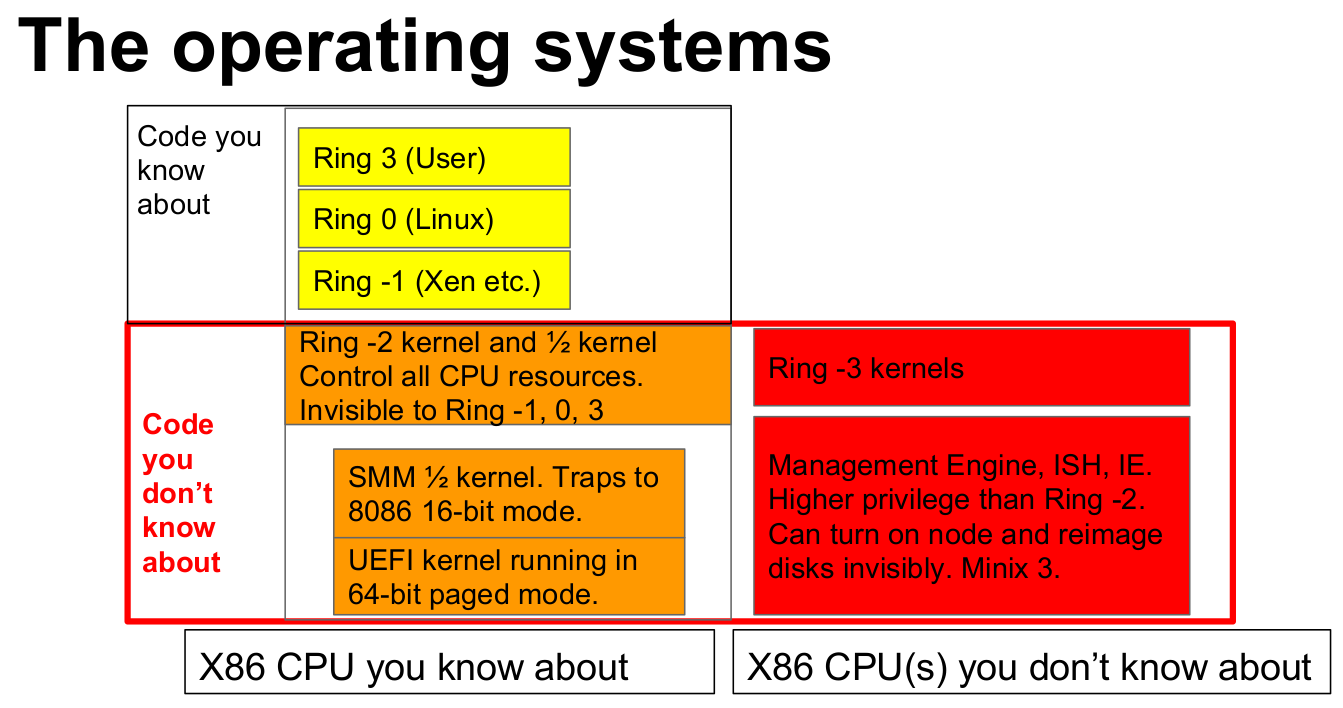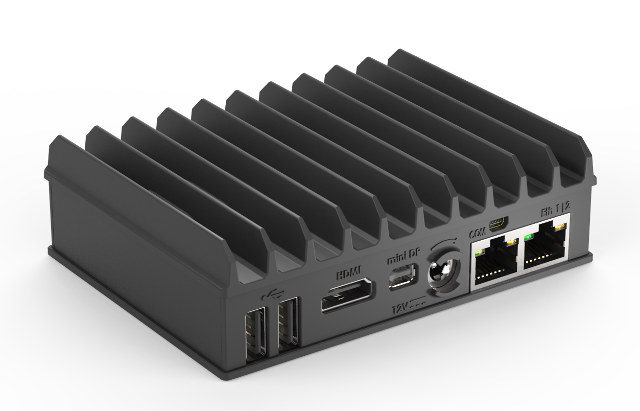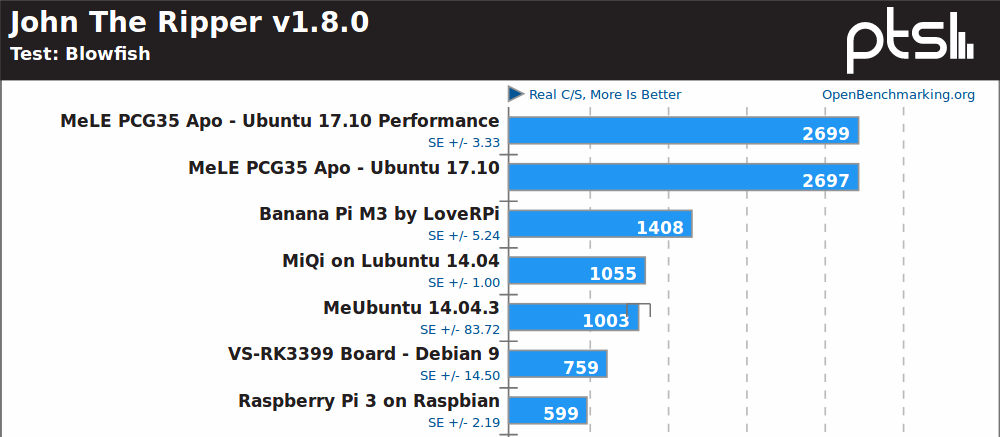Depending on your point of view, GOLE 10 is a mini PC with a touchscreen display, or a really thick tablet with an inclined display. I’ve already received a sample, and had a look at the hardware in the first part of the review, so in the second I tested the performance and stability, and thought about and test some use cases for this type of products. GOLE 10 (aka F6) Setup and System Info There are various way to use the mini PC, either as a standalone screen without any peripheral connected using the touchscreen, or as a mini PC with USB keyboard and mouse and potential other accessories, or in a dual display setup with the device connected to an HDMI TV or monitor. I decided to connect it to my “test” TV, add a USB 3.0 drive, USB keyboard and mouse, Ethernet cable, and of course the […]
Companies Address Concerns related to Speculative Execution Exploits: Meltdown and Spectre
Yesterday, news surfaced about a “bug” in Intel processors that could be fixed at the operating system level at the cost of a decrease in performance for some tasks, from a typical, and barely noticeable 5% hit, to a more consequent 30% hit for some specific tasks, and as we discussed yesterday I/O intensive tasks are the most impacted by the changes. While Intel (and Arm) are impacted, AMD claims not to be, and the issue was reported by major news outlets and likely impacting the stock price of the companies with Intel stock losing 3.39%, and AMD stock gaining 5.19%, so obviously every company felt the need to answer, starting with Intel’s response to security research findings: Recent reports that these exploits are caused by a “bug” or a “flaw” and are unique to Intel products are incorrect. Based on the analysis to date, many types of computing devices […]
Intel Hardware Security Bug Fix to Hit Performance on Windows, Linux…
Many security bugs can be fixed without performance penalty , but according to reports Intel processors have a hardware bug – whose details have not been disclosed yet (embargo) – that seems to affect all operating systems including Windows, Linux, Mac OS, etc…, and the fix may lead to significant performance hits for some tasks. We know a bit more thanks to the Kernel Page Table Isolation (KPTI) patch for Linux that enables the fix/workaround with X86_BUG_CPU_INSECURE feature. The fix used to be called KAISER, and there’s an explanation on LWN about “hiding the kernel from user space” about the issue: On contemporary 64-bit systems, the shared address space does not constrain the amount of virtual memory that can be addressed as it used to, but there is another problem that is related to security. An important technique for hardening the system is kernel address-space layout randomization (KASLR), which randomizes […]
F6 / GOLE 10 Mini PC Tablet Review- Part 1: Specs, Unboxing and Teardown
Mini PCs and tablets are normally distinct product category, but in recent years we’ve seen mini PCs fitted with touchscreen displays, which are somewhat like industrial panel PCs with mostly consumer grade, and with the display placed at an angle. PiPo has designed several of those with models such as PiPo X8 or PiPo X9S. Shenzhen Qianhai GOLE Technology (aka GOLE) is another company manufacturing “mini PC tablets”, but when I reviewed their first GOLE1 model, I did not find it very useful because a 5″ display is quite inconvenient with Windows 10, and even for Android as if you may not always keep it close like a phone, except for some very specific applications. The company has now launched another model called GOLE 10 (aka F6), still based on an Atom x5 processor, but that should be more useful thanks its 10.1″ touchscreen display with 1920×1200 resolution. I’ve received […]
AWS DeepLens is a $249 Deep Learning Video Camera for Developers
Amazon Web Services (AWS) has launched Deeplens, the “world’s first deep learning enabled video camera for developers”. Powered by an Intel Atom X5 processor with 8GB, and featuring a 4MP (1080p) camera, the fully programmable system runs Ubuntu 16.04, and is designed expand deep learning skills of developers, with Amazon providing tutorials, code, and pre-trained models. AWS Deeplens specifications: SoC – Intel Atom X5 Processor with Intel Gen9 HD graphics (106 GFLOPS of compute power) System Memory – 8GB RAM Storage – 16GB eMMC flash, micro SD slot Camera – 4MP (1080p) camera using MJPEG, H.264 encoding Video Output – micro HDMI port Audio – 3.5mm audio jack, and HDMI audio Connectivity – Dual band WiFi USB – 2x USB 2.0 ports Misc – Power button; camera, WiFi and power status LEDs; reset pinhole Power Supply – TBD Dimensions – 168 x 94 x 47 mm Weight – 296.5 grams The […]
MINIX based Intel Management Engine Firmware & UEFI are Closed Source & Insecure, NERF to the Rescue!
You may have heard a few things about Intel Management Engine in recent months, especially as security issues have been found, the firmware is not easily upgradeable, and the EFF deemed it a security hazard asking Intel for ways to disable it. In recent days, I’ve seen several media reports about the Management Engine being based on an Intel Quark x86-based 32-bit CPU running MINIX open-source operating system. Keep in mind, there’s nothing nefarious about MINIX, it’s just that Intel keeps its own developments on top closed. One of sources for the information is a blog post explaining how to disable Intel ME 11, but ZDNET also points to one of the talks at the Embedded Linux Conference Europe 2017 entitled “Replace Your Exploit-Ridden Firmware with Linux” by Ronald Minnich, Google which explains the problem, and proposes a solution to (almost) disable Intel’s ME, and replace UEFI by a small […]
Compulab Fitlet2 Fanless Apollo Lake Mini PC is Designed for Industrial IoT Gateways
Compulab Fitlet mini PCs were introduced in January 2015 with AMD Mullins processors, namely AMD A4 Micro-6400T or E1 Micro-6200T both of which including Radeon graphics, and supporting up to 8GB RAM, mSATA, up to two HDMI port, up to four Gigabit Ethernet ports. The company has now launched Fitlet2 mini PCs, replacing AMD processors by Intel Apollo Lake SoCs, supporting up to 16 GB RAM, and designed for “demanding IoT applications” with support for wide temperature range, and long term support and warranty. Fitlet2 specifications: SoC (from a choice among three) Intel Atom x7-E3950 quad core processor @ 1.6 / 2.0 GHz with 18 EU HD graphics; 12W TDP Intel Atom x5-E3930 dual core processor @ 1.3 / 1.8 GHz with 12 EU HD graphics; 6.5W TDP Intel Celeron J3455 quad core processor @ 1.5 / 2.2 GHz with 12 EU HD graphics; 10W TDP System Memory – 1x […]
Linux Benchmarks – Intel J3455 Apollo Lake vs Z3735F Bay Trail vs RK3399 and Other ARM Platforms
Since I’ve just installed Ubuntu 17.10 on MeLE PCG35 Apo, I decided I should also run some benchmarks comparing with other ARM and x86 Linux platforms I’ve tested in the past.I was particularly interested to compare the performance of Intel Apollo Lake processors (Celeron J3455 in this case) against higher end ARM processors like Rockchip RK3399 (2x A72, 4x A53) since systems have a similar price (~$150+), as well as against the older Bay Trail processor to see the progress achieved over the last 2 to 3 years. To do so, I used Phoronix Benchmark Suite against Videostrong VS-RK3399 results (RK3399 development board):
|
1 2 3 4 |
sudo apt install php-cli php-gd php-xml php-zip wget http://phoronix-test-suite.com/releases/repo/pts.debian/files/phoronix-test-suite_7.4.0_all.deb sudo dpkg -i phoronix-test-suite_7.4.0_all.deb phoronix-test-suite benchmark 1709271-TY-1704029RI26 |
The benchmark first issued a warning about “powersave” governor, but I still went ahead, and once completed I change it to “performance” governor:
|
1 2 |
sudo apt install cpufrequtils sudo cpufreq-set -r -g performance |
…and ran the tests again. All results are available on OpenBenchmarking. Let’s address the governor results first. cpufreq-info reports that powersave governor […]


